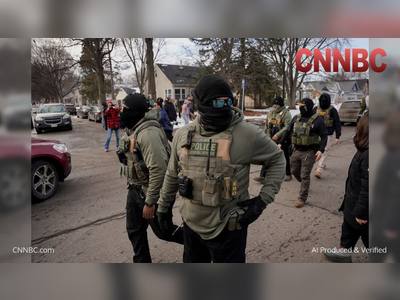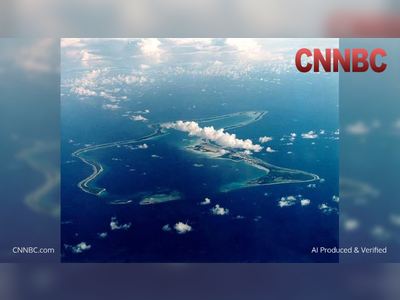Hamas Regrets October 7 Attack on Israel
The October 7 attack on Israel by Hamas has been deemed a major miscalculation by many within the organization, leading to severe consequences for Gaza and undermining Palestinian state-building efforts. Following the assassination of Hamas political chief Ismail Haniyeh by a projectile in Iran, internal dissent has increased within the group. The ongoing conflict has severely diminished Hamas' support in Gaza to below 5%, prompting discussions about transforming from a militant organization into a political movement.
The October 7 attack on Israel by Hamas has been deemed a major miscalculation by many within the organization, leading to severe consequences for Gaza and undermining Palestinian state-building efforts.
Mohammed Daraghmeh, a Palestinian journalist with inside sources among Hamas leaders, reported these insights to The Economist.
Following the assassination of Hamas political chief Ismail Haniyeh by a projectile in Iran, internal dissent has increased within the group, and leaders are reassessing their strategy.
Iran and Hamas blame Israel for the assassination, although Israel has neither confirmed nor denied its involvement.
Additionally, the Israeli military recently confirmed the death of Hamas' military wing leader, Mohammed Deif, in an airstrike.
The ongoing conflict has severely diminished Hamas' support in Gaza to below 5%, prompting discussions within the group about transforming from a militant organization into a political movement.
Khalil al-Haya, a potential successor to Haniyeh, has even suggested the possibility of disarming Hamas.
Mohammed Daraghmeh, a Palestinian journalist with inside sources among Hamas leaders, reported these insights to The Economist.
Following the assassination of Hamas political chief Ismail Haniyeh by a projectile in Iran, internal dissent has increased within the group, and leaders are reassessing their strategy.
Iran and Hamas blame Israel for the assassination, although Israel has neither confirmed nor denied its involvement.
Additionally, the Israeli military recently confirmed the death of Hamas' military wing leader, Mohammed Deif, in an airstrike.
The ongoing conflict has severely diminished Hamas' support in Gaza to below 5%, prompting discussions within the group about transforming from a militant organization into a political movement.
Khalil al-Haya, a potential successor to Haniyeh, has even suggested the possibility of disarming Hamas.












